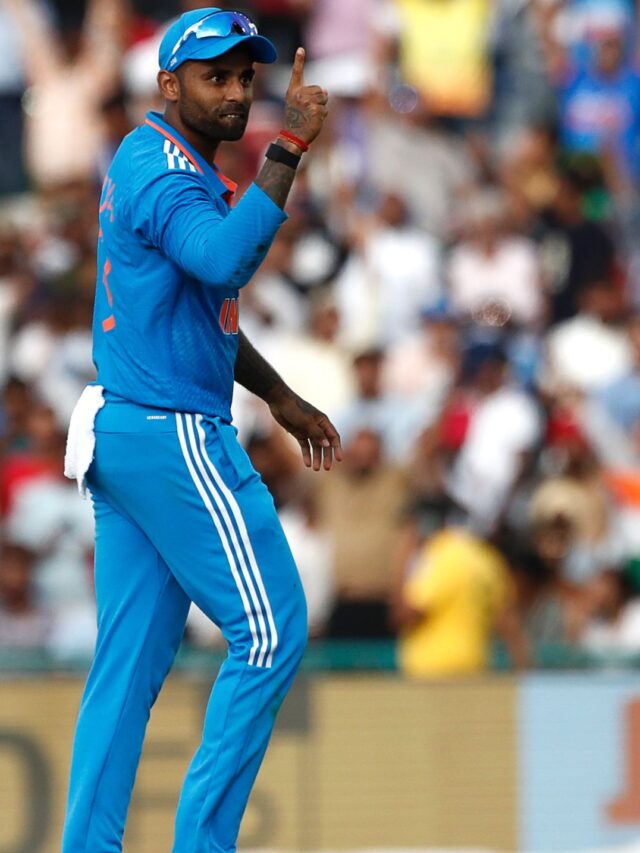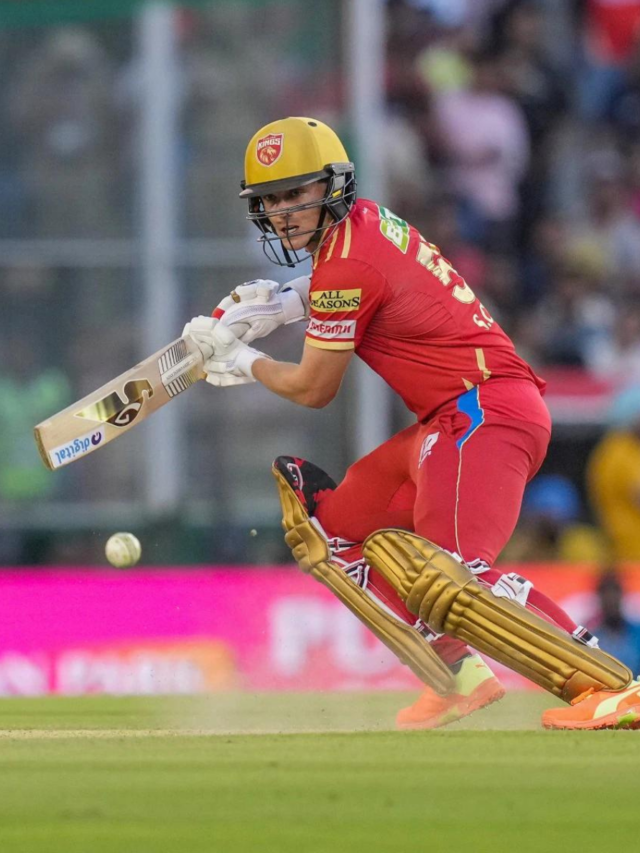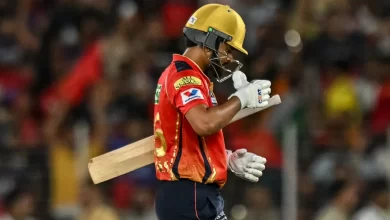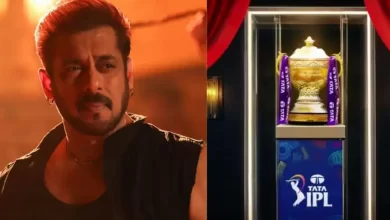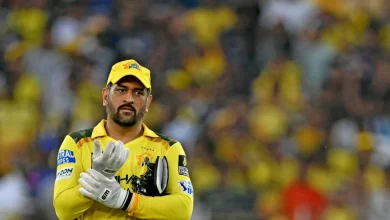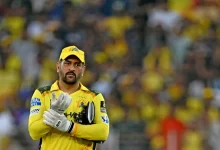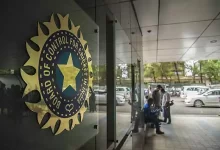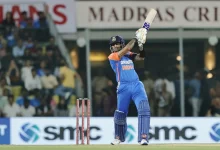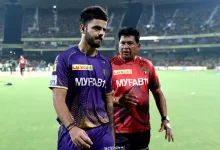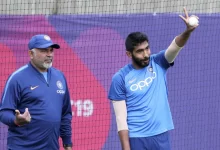BCCI NewsIPLIPL and Franchise CricketIPL NewsIPL UpdatesKochi Tuskers Kerala
Bombay High Court Orders BCCI to Pay ₹538 Crore to Kochi Tuskers Kerala After Upholding Arbitration Award
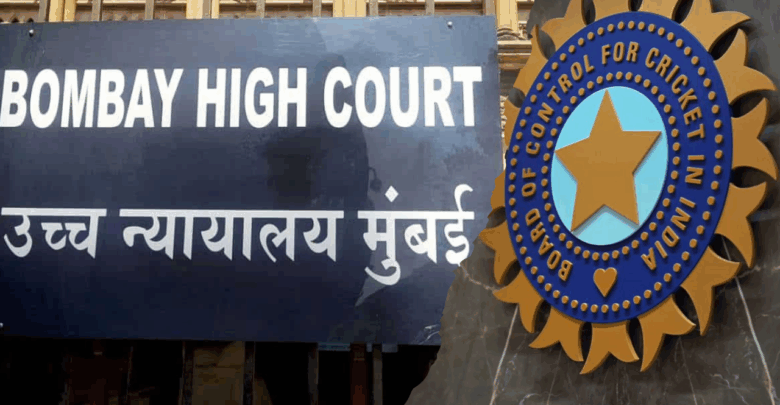
Court Dismisses BCCI’s Plea Against Arbitration Ruling
In a landmark judgment, the Bombay High Court has upheld the arbitration award in favor of Kochi Tuskers Kerala, directing the Board of Control for Cricket in India (BCCI) to pay ₹538 crore to the now-defunct Indian Premier League (IPL) franchise. The decision comes after years of legal proceedings initiated following the BCCI’s abrupt termination of the franchise agreement in 2011.
The verdict, delivered by Justice R.I. Chagla, firmly rejected BCCI’s challenge to the arbitration order, citing the Court’s limitations in revisiting the arbitrator’s findings. The ruling stated that the petitions filed by Kochi Cricket Private Limited (KCPL) and Rendezvous Sports World (RSW) did not provide sufficient grounds for judicial interference under Section 34 of the Arbitration and Conciliation Act.
Background: Kochi Tuskers Kerala and IPL Termination Controversy
A Brief History of the Franchise
The Kochi Tuskers Kerala franchise was part of the IPL 2011 season, having been awarded one of the two new franchise slots during the league’s expansion in 2010. The team was owned by a consortium comprising several companies, including M/s. Anchor Earth Pvt. Ltd., Parinee Developers, Rendezvous Sports World Pvt. Ltd., and others, collectively forming Kochi Cricket Private Limited (KCPL).
The BCCI terminated the franchise in September 2011, citing non-compliance with the requirement to submit a bank guarantee. However, KCPL argued that the termination was unjustified and invoked arbitration proceedings, asserting that they were ready to fulfill the agreement terms under certain revised conditions.
IPL 2011: The Only Season Played
Kochi Tuskers Kerala, led by Mahela Jayawardene, competed only in the 2011 IPL season, finishing eighth on the points table. The team boasted an impressive lineup, including Ravindra Jadeja, VVS Laxman, Brendon McCullum, and Steve Smith.
Timeline of Key Legal and Financial Developments
The Kochi Tuskers case has seen numerous developments over the years. Here’s a summarized timeline:
-
March 2010: RSW wins bid for Kochi-based IPL team.
-
April 2010: Franchise Agreement signed between BCCI and RSW.
-
November 2010: KCPL begins operations on behalf of the consortium.
-
March 2011: BCCI rejects KCPL’s request for a reduced franchise fee.
-
September 2011: BCCI terminates the franchise agreement for failure to furnish the bank guarantee.
-
January 2012: KCPL initiates arbitration proceedings.
-
June 2015: Arbitrator rules in favor of KCPL and RSW, awarding over ₹153 crore plus 18% interest.
-
September 2015: BCCI challenges the award in Bombay HC.
-
April 2018: Bombay HC stays the award; KCPL appeals to the Supreme Court.
-
July 2018: BCCI deposits ₹100 crore with Bombay HC following SC directive.
-
June 2024: Bombay HC dismisses BCCI’s challenge and upholds the arbitration award.
Read a detailed review of Kochi’s only IPL season and player contributions
What the Court Said
In a detailed 107-page judgment, Justice Chagla observed:
“There are no valid grounds raised in KCPL’s Petition and RSW’s Petition under Section 34 of the Arbitration Act to warrant an interference with the KCPL Award and the RSW Award… There is no patent illegality in the impugned awards which requires an interference by this Court.”
The court also allowed KCPL and RSW to withdraw the deposited funds after four weeks from the upload of the verdict. The ruling emphasized that the High Court cannot act as an appellate body over an arbitrator’s conclusion, thereby strengthening the autonomy of arbitration procedures in India.
BCCI’s Possible Next Move
BCCI’s legal representative, Rafiq Dada, admitted that the ruling was unfavorable to the cricket board. He noted:
“The court has upheld the arbitration. It is now up to the BCCI whether to challenge the verdict in the Supreme Court. The BCCI has time up to six weeks.”
Given the financial implications, it remains to be seen whether the BCCI will escalate the matter to the Supreme Court of India.
To understand how arbitration functions within Indian sports law, refer to this Arbitration and Conciliation Act guide.
A Legal Milestone in Indian Cricket Administration
This verdict marks a significant development in the ongoing legal saga between a terminated IPL franchise and India’s top cricketing body. With over ₹538 crore now payable, the BCCI may face financial and administrative scrutiny for its handling of past franchise contracts. The case sets a powerful precedent for sports governance, arbitration compliance, and franchise accountability in Indian cricket.
Catch more updates on IPL franchise disputes and legal battles


